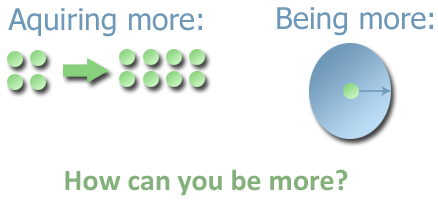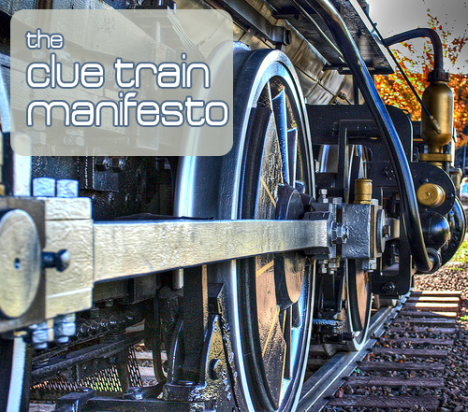When times are good and the wheels of production are in perfect harmony with the ringing of the cash register, we often want to acquire more – What new markets should we enter? What new products should we introduce next year? Are we winning the market share race over our competition? It’s an outward search for more.
But in lean times – when time seems to go by a litter slower – acquiring more is seldom an option. However, it’s the perfect time to stop and reflect about being more. Are we living up to our promises made to our customers and employees? How can we be of more help? What can we do internally to increase moral, industry education, a sense of team and proactive service? It’s all about looking inward for more.
You see, “more” comes in two flavors – acquiring more (more customers, more stores, more market share, more products) and being more (more helpful, more focused, more responsive, more aware).
Now is your chance to be more.
Happy Tuesday all.
Filed under: Business | 4 Comments »





